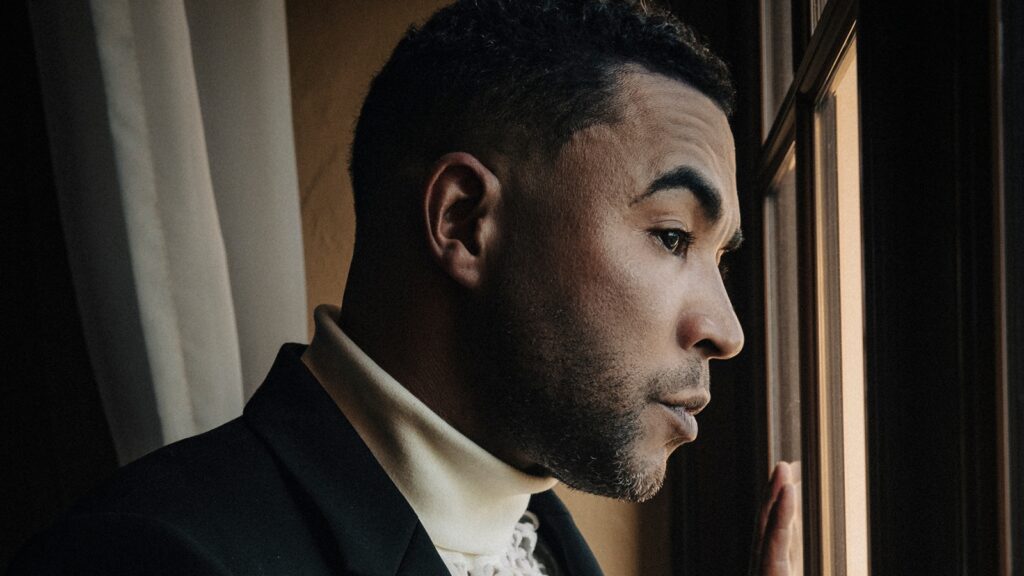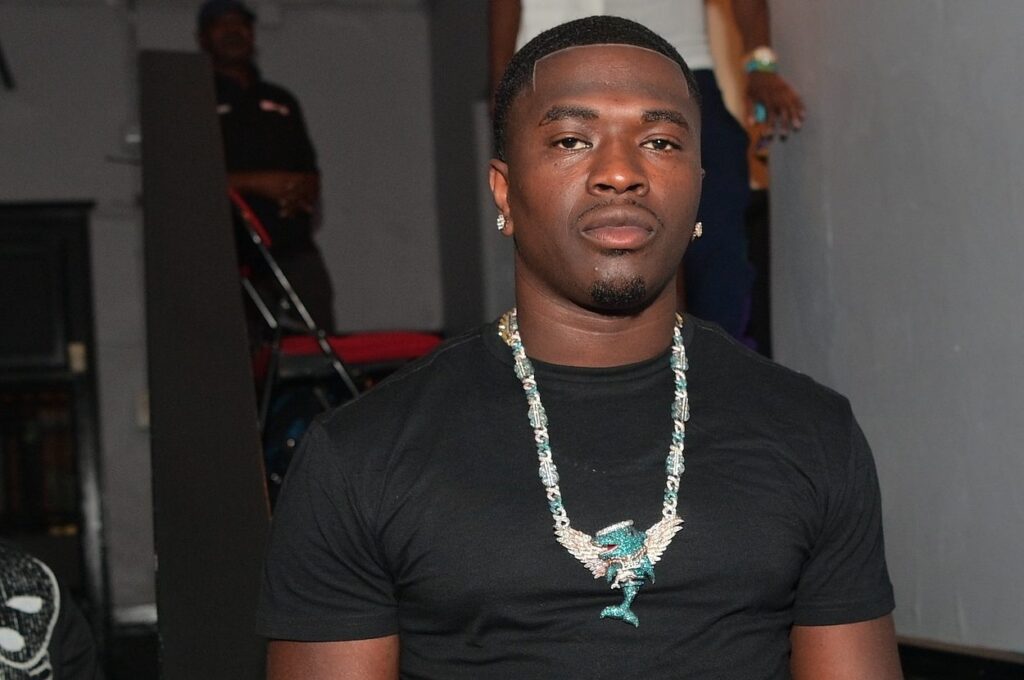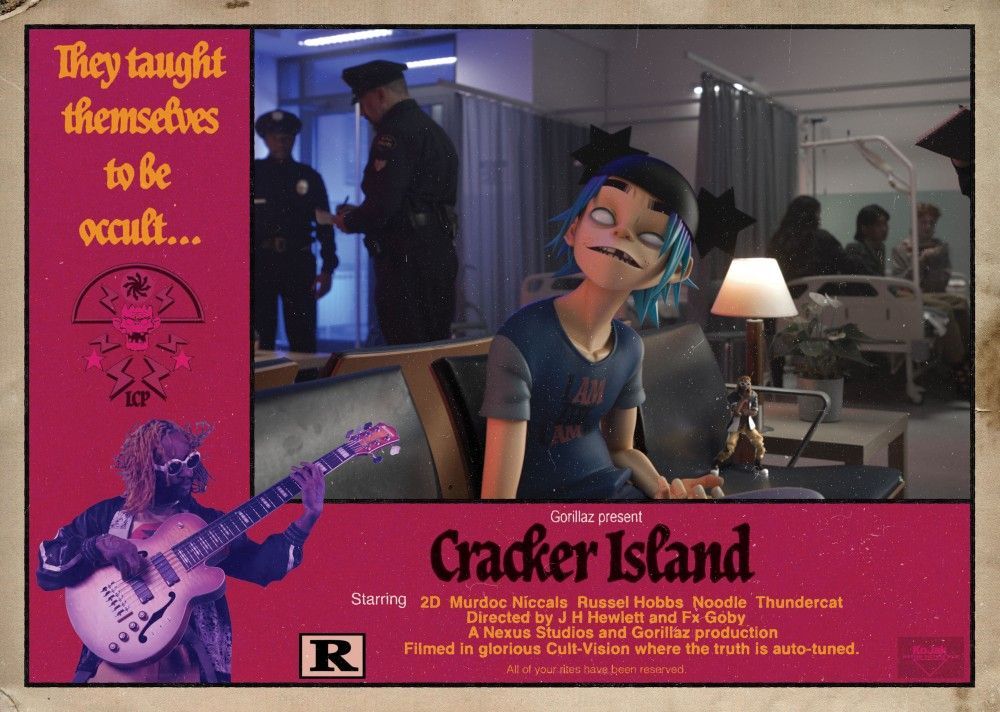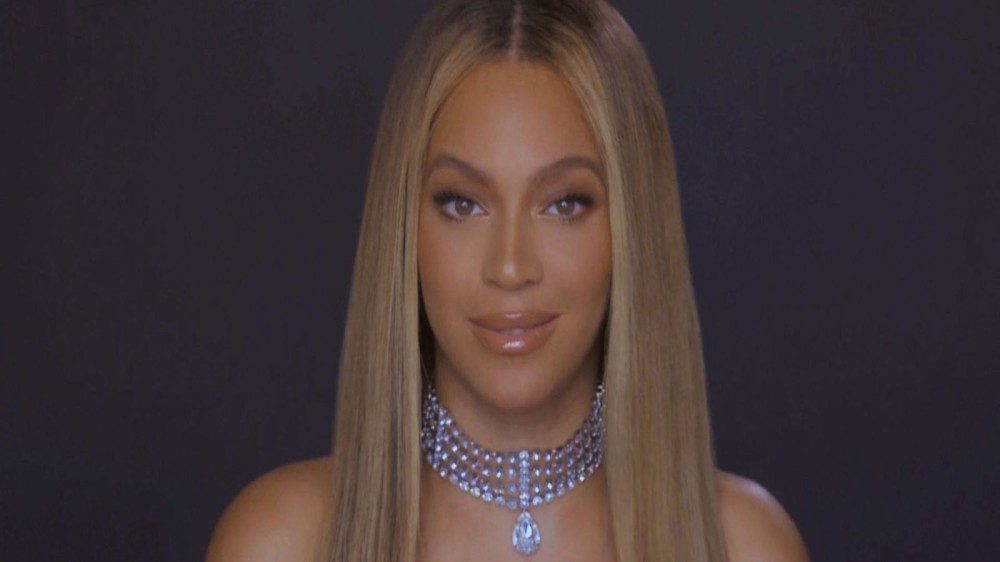
Don Omar Is Renewed And Ready For the Best Chapter of His Career Yet
As reggaeton continues to reach new heights, Don Omar is reminding the world of his rightful place in the genre he helped to shape. The Puerto Rican artist, whose debut record, The Last Don, celebrates its 20th anniversary this year, has been busy promoting a string of singles since late 2021, all leading up to a highly anticipated new album. Titled Forever King, the LP is out later this year and features guests such as Maluma and Gente de Zona, plus fellow stars who emerged in the early 2000s like Calle 13 rapper Residente and reggaeton mainstay Wisin.
The record blends Don Omar’s signature old-school perreo with the Caribbean styles dominating música urbana today. The anticipated project, his first in three years, comes after Don retired (and unretired) from music and ended his previous label contract. Now, he’s back with the breezy energy of someone done with drama. “I feel fulfilled. I feel changed. I’m a new guy,” he says. “I’m not trying to push anything. I’m just here, living the moment.”
After announcing your retirement in 2017, you returned two years later but kept a low profile. Where has Don been all this time?
Don Omar in 2017 was exhausted. We were on tour for five years in a row, playing every single weekend. Unfortunately, I wasn’t there for most of the beautiful moments with my kids and my family. I needed to go back. My family needed me, all of them — my brothers, my sisters, my mom, my kids— everybody needed William to be a part of the family.
I heard you purchased a plot of land and started farming. What was that experience like for you?
Grounding. It was the most beautiful experience. I got this land in Puerto Rico, in the mountains. The peace was magic. I brought students from the University of Puerto Rico and learned from them, from seeding to growing crops. I spent two years doing that, and I ended up opening an organic-produce company.
I learned from the business and the personal aspect. Everything in this world has a perfect plan created before any of us. You are not going to change how many hours a seed needs to grow. Humans are running [around] and living life so fast, ignoring that even that, a simple seed, is already under control. There is a perfect time for everything.
I can hear this perspective at times on your new album. It’s your first in over three years. Tell me about the process behind it.
I’ve been recruiting friends from the past and trying to bring back that old-school sound with a new vibe. I started with Residente, which was a great moment for me. I met a guy who I was dying to know personally, and now I can say that I recognize him as a great rapper, a great composer, and as a great human being.
It’s been a great ride from there, to working with Maluma, Nio Garcia, Wisin, and Gente de Zona. I do have a couple of surprises on the album. It’s super versatile, full of influences, and rich collaborations.
Your new album has a little taste of everything: salsa, cumbia, mambo, reggaeton. Why was it important to experiment with genres on this record?
I want to grow as an artist. But I do recognize that people know me because of a certain style of music. I don’t want to jeopardize that position. I’m trying to bring what my fans want to the table, but I also want to feel free to bring the spice. That’s why I worked in some salsa, or cumbia, on “Cuestión de Tiempo,” or did what I did with Lil Jon on “Let’s Get Crazy.”
It’s exciting to hear you sing a danzón on “Carcelero.”
Listen, the story behind that song is crazy. I grew up with my grandmother. She was a music junkie and a consumer of Cuban music: danzónes, música de tríos, a lot of boleros. [Dog barks.] Excuse me, I have a Yorkie who thinks she’s a pit bull.
They all do!
I’m trying to work here! [Laughs.] Anyway, I grew up listening to that music every single weekend. Unfortunately, my grandma got very sick and passed away. I promised her that before she died I was going to write a danzón. She laughed and told me, “Oh, you’re crazy, you’re never going to do that.” But one day, I just started writing the lyrics from top to bottom.
I respect musicians so much because I am not a musician. In Spanish, soy músico de tun-tun, tan-tan, tin-tin [Laughs]. So imagine going from that to a studio filled with some of the best musicians in New York, and trying to explain how this song sounded in my head. It was an experience. At the end of the day, all of them understood where I was coming from and we did it.
It sounds like it was a real labor of love for your grandma. That’s beautiful.
Yeah. I owe her. Unfortunately, she never got to hear this song. I would have loved to have finished it before she passed away. But I know this song is special because it was created with a special intention.
There are moments on this album where it feels like we’re meeting a new Don Omar. He’s more mature. He’s sentimental, even.
It’s a way to show that I see the world differently, that I’m a grown man, that I have a daughter, and that I’m trying to protect her. It shows respect to the people who listen to my music. Showing respect might not be what’s “in” these days, but for me, it’s a big thing. We can make music without disrespecting anybody or any point of view.
You’ve had over two decades of experience in this industry. If you could go back in time and give yourself a piece of advice, what would it be?
“Don’t sell your values.” If I could tell 20-year-old Don Omar anything, I would tell him that. And “please don’t harm yourself, you’re such a great guy. Don’t let this industry damage you. Don’t let the evilness in people affect you.” This industry is not worth it.
A lot of people put themselves in bad situations when they know they are good people. They have good intentions. But the masses are demanding a rough, tough guy. In harming yourself, you’re going to harm a lot of people. When you start caring, really caring for your people, you don’t harm them. You don’t put out the wrong message. Knowing something is wrong but it sounds cool? That’s irresponsible.
There’s a song where you describe learning to be fair even with your enemies.
One of the things I’m most grateful for is knowing who my friends are and are not. I’m focusing my energy on my friends, not my enemies. If my enemies want problems? OK, let’s have problems. [But] I am not looking for problems. I am looking for the people who love me.
I can’t help but think of your feud with Daddy Yankee. In a recent interview, you said that it mostly had to do with disagreements over your joint tour in 2016 — you’ve suggested that his team messed with the sound for your sets and more. What made you speak up?
I grew up. I can talk about that now. In the moment, I was angry. When you’re angry, you don’t talk.
Some people do.
Yeah, some people do. That’s not smart for me. I was angry. Everybody knows it. I think time is a great healer, and now, I can talk about it freely with facts. I took the time to learn from my mistakes, not judge myself, and see the whole situation from an adult perspective. But, yeah. It does apply. It perfectly applies.
Where do you stand now?
I do have respect for him. He’s not my friend. I’m not going to be his friend, ever. But if it’s based on showing respect, we’re squared.
You’ve made a few cameos as Rico in the Fast & Furious franchise. Will you be in the next films?
I would love to go back. Unfortunately, most of the time they’re filming, we’re touring. But I’m dying to go back. Those guys are my family.
Have you ever considered doing other acting roles?
Yes! I’d love to do a comedy.
What would it be about?
Oh, my God. You know that situation when guys and girls switch places? Like, their bodies, minds?
Who would you want to play the female version of you?
Cardi B [laughs]. That would be so fun.



